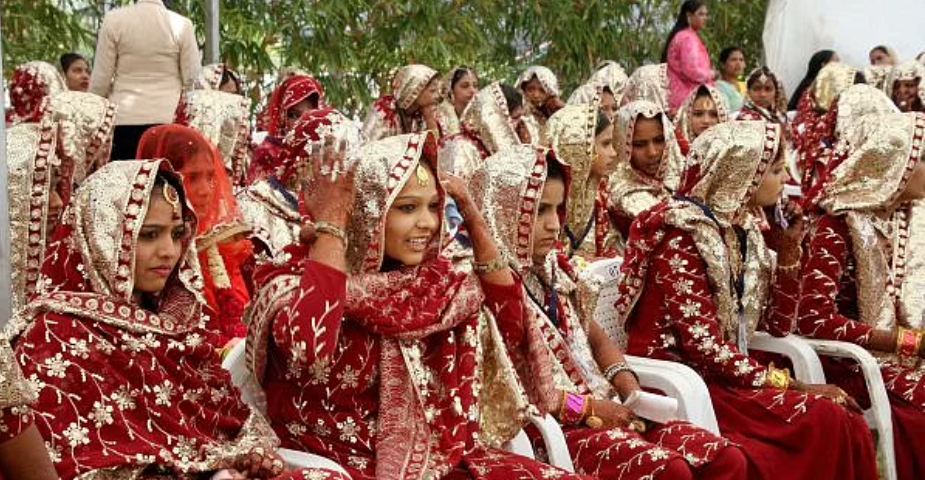Polygamy banned in Assam while Kerala invokes constitutional rights
While Assam, led by the BJP, has passed a bill banning the practice but not applying it in tribal areas, Kerala has taken a different approach. A landmark ruling by the local High Court has ruled that no second marriage can be registered without informing the first wife, reaffirming the primacy of constitutional rights over religious law.
New Delhi (AsiaNews) - The Assam government approved on Sunday 9 November a draft bill that aims to ban polygamy in the state, an initiative that immediately sparked a heated political and legal debate. The measure, called the Assam Prohibition of Polygamy Bill, 2025, will be presented to the Legislative Assembly on 25 November. Chief Minister Himanta Biswa Sarma, a leading figure in the Bharatiya Janata Party (BJP), called the measure ‘a necessary reform to protect Muslim women.’ The bill provides for penalties of up to seven years in prison for those who violate the ban.
However, the law will not apply to all communities in Assam. Tribal populations and areas administered by the autonomous councils of the Bodoland Territorial Council, the Karbi Anglong Autonomous Council and the Dima Hasao Autonomous Council, regions that enjoy special protections under the Sixth Schedule of the Constitution, are excluded. In practice, the ban will mainly affect the non-tribal population of the state, which is largely Muslim, fuelling suspicions that this is a targeted measure. Sarma also announced that Muslims residing in autonomous areas before 2005 will be exempt, a clause that many analysts believe is more symbolic than substantial.
The government has also promised to create a compensation fund to support women who may suffer economic or social damage as a result of the ban. ‘No woman will face economic hardship because of this law,’ said the chief minister, presenting the measure as a step towards women's empowerment.
However, civil society organisations and legal experts point out that the measure is part of a broader BJP strategy to promote a Uniform Civil Code (UCC), which would replace the various religious laws currently in force in India. According to critics, such a project risks eroding legal plurality and compromising the religious freedom guaranteed by the Constitution.
In India, polygamy is permitted under Muslim personal law, which regulates marriage and family within the Islamic community. Among Hindus, however, the practice was banned in the 1950s by the Hindu Code Bill, which also standardised the rules on inheritance, adoption, marriage and divorce. This historical contrast explains why state initiatives against polygamy, such as that in Assam, generate debate on the balance between religious freedom and women's rights.
In stark contrast to Assam, the High Court of Kerala has adopted a position that aims to reconcile faith and the Constitution. In its “historic” ruling of 30 October 2025, it established that a first wife must be informed and heard when a Muslim man intends to register a second marriage under the Kerala Registration of Marriages (Common) Rules, 2008. The court stated that, while allowing polygamy, Islamic law requires justice, fairness and transparency between wives, values that are compatible with the constitutional principles of equality. 'A first Muslim wife cannot remain a silent spectator to the registration of her husband's second marriage. In such situations, religion is secondary and constitutional rights are supreme," the judge said, stressing that registration without notification would violate the principles of natural justice.
The court also ruled that, in the event of opposition from the first wife, the registration of the second marriage must be suspended and the matter referred to a civil court. In this way, the court recognised the first wife's procedural and moral rights, guaranteeing Muslim women a minimum of participation in an area hitherto dominated by silence.
The Kerala ruling thus proposes an alternative to the criminalisation of polygamy: the constitutionalisation of consent. These two approaches represent contrasting views of the relationship between faith and law: on the one hand, the attempt to standardise through prohibition; on the other, the search for harmony between religion and the Constitution. Both initiatives, however, reflect the same underlying tension: that of a country seeking to reconcile its religious diversity with the universal principles of justice and equality.







.png)










